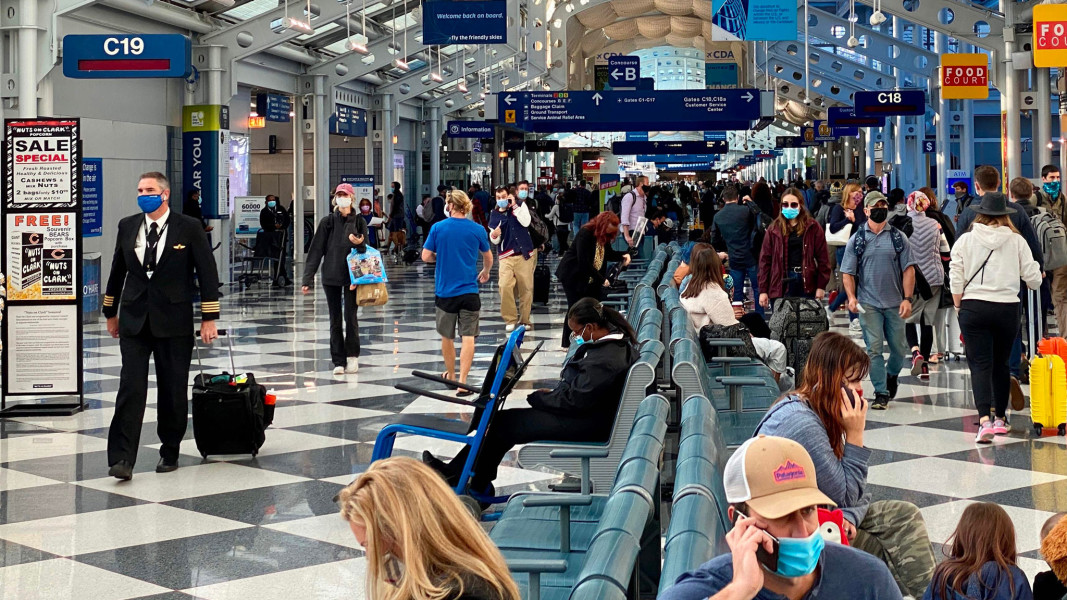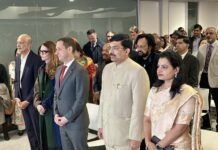Vidya Sethuraman
India Post News Service
The COVID-19 pandemic and the responses to it have left an indelible mark on families, communities and societies around the world. As infections, hospitalizations and deaths continue to mount, governments are trying to come to terms with the massive consequences of the health crisis on their economies, labor markets and, unavoidably, global mobility and migration systems. As the health crisis of Covid-19 heads towards a new and likely final phase, a major report by the Migration Policy Institute illustrates the challenge to governments everywhere: how to reimagine borders and reopen economies and societies after the devastation of the pandemic. Journalists in key regions (India and Mexico) illustrated the reality on the ground at the weekly conference call presented by EMS on November 20.
Demetrios G. Papademetriou, a Distinguished Transatlantic Fellow and President emeritus at the Migration Policy Institute, author of the report: Managing the Pandemic and its Aftermath sketches the devastating toll of the virus across families, economies, labor markets and migration systems. He raises questions and offers reflections about the next wave of policies needed to address a sharply different landscape. In re-opening migration systems, some categories of migrants, in particular “essential” workers in sectors including health care, tech (in particular artificial intelligence and related sciences) and agriculture, as well as those who fill identifiable and hard-to-fill job and skills gaps, will become even more important. But immigrant-receiving countries should also invest in “cleaning up” certain components of their systems by dedicating additional resources to clearing asylum claim backlogs and turning their attention to logjams in their temporary worker programs, added Demetrios.
“Crises, and especially life-altering ones, present both challenges and opportunities. COVID-19 is no exception,” Papademetriou writes. “But crises also fuel innovation and can create ‘new facts on the ground’ that, managed responsibly and smartly, can seed positive change and lead to new opportunities.” We all have to come together and find a solution.
Krishnaraj Rao, freelance investigative journalist from Mumbai, India spoke on the migration situation in India. COVID-19 has massively impacted this group of migrant workers. We are not seeing mortality as high as expected in the start of the pandemic, said Rao. Indians are wearing masks and sanitizing to an extent, but not 100%, added Rao.
The scale of the migrant crisis has made visible an often-overlooked population of workers. With political will, and investment at federal and state levels, this could be an opportunity to transform livelihoods. Migrants are not just objects of charity that need support. Internal migrants are key income generators that play a vital role in any society and should never be overlooked again.







